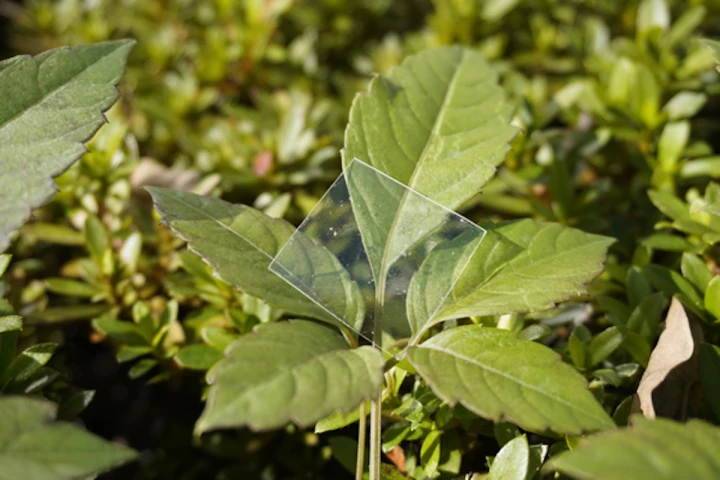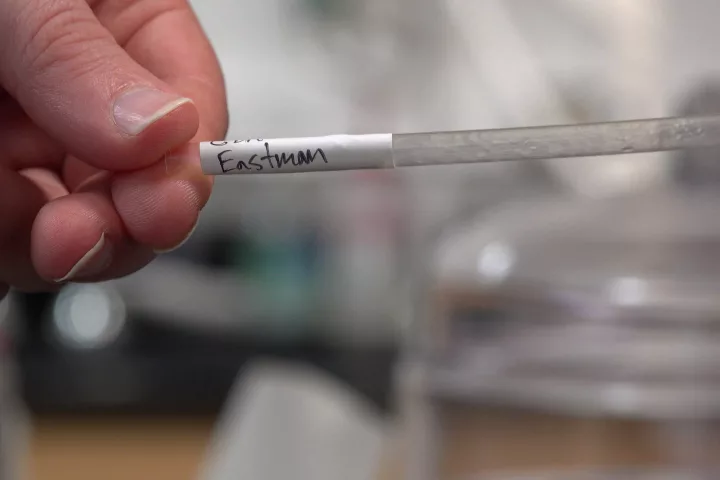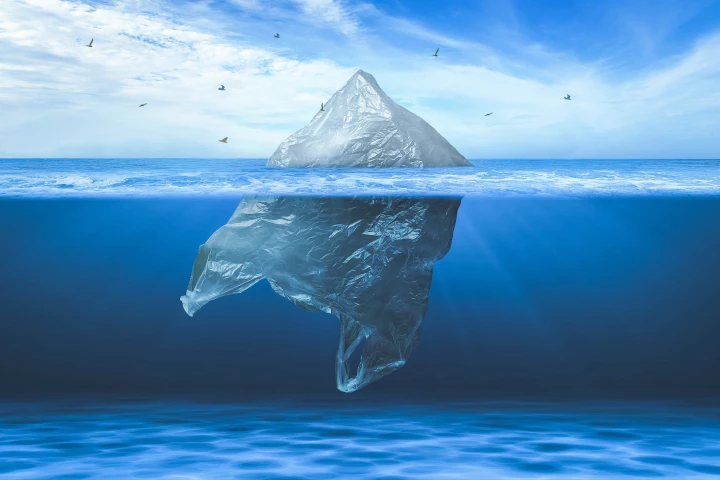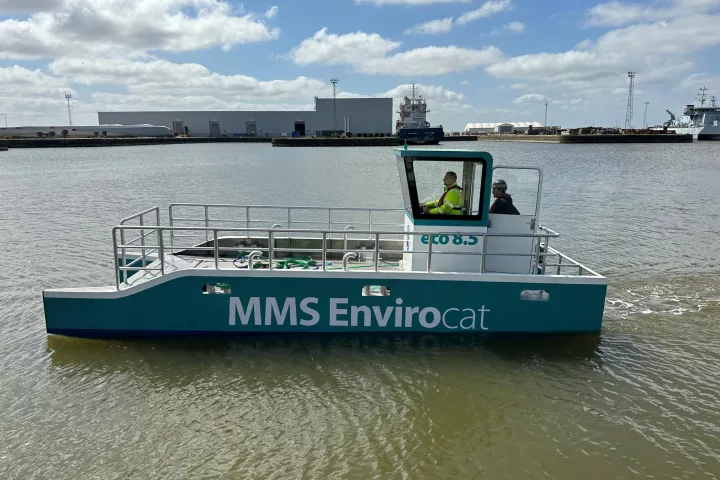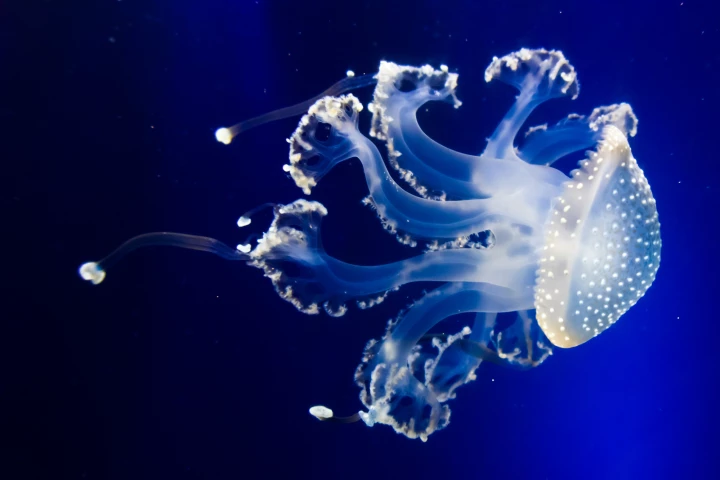Ocean plastics
-
Scientists at RIKEN in Japan have developed a new type of plastic that’s just as stable in everyday use as regular plastic, but dissolves quickly in saltwater, leaving behind only safe compounds.
-
Researchers have spent the last few years trying to find which type of plastic biodegrades the fastest. It turns out that a common plastic we've been using for over 100 years does, and they've learned how to accelerate that process.
-
The Ocean Cleanup (TOC) project has announced the timeline and cost it would take to get the Great Pacific Garbage Patch cleaned up once and for all, using existing technology – 10 years and 7.5 billion US dollars. And it could be even cheaper.
-
That we have a huge plastic waste problem is clear, but there are numerous efforts to stem the tide while also cleaning up the mess. Nature is also joining the battle, and scientists have now identified a marine fungus at the plastic-devouring front line.
-
Torqeedo, a major innovator of all-electric boat motors, is trying to further improve its clean track record. It's deep in the works on a new version of its iconic bright-orange propeller that's crafted from 100% recycled plastic.
-
A study has found that plastic additives might be stopping the reproductive habits of a shrimp-like species that is key to the marine food chain. The findings provide a different perspective on the potential damage caused by specific pollutants.
-
UK shipyard MMS has added a new member to its fleet of floating-debris collection vessels. The latest Envirocat is the first to clean up waterways without releasing engine fumes into the environment.
-
The Ocean Cleanup has announced a second Indonesian river trash removal mission. The solar-powered Interceptor 020 will prevent around 1,000 tons of plastic waste flowing into the Java Sea each year from the Cisadane River.
-
The flapping motion of a new robotic jellyfish is not only good for propulsion, but it can also draw small bits of debris up from the ocean floor without contact. Such a robot could remove trash from delicate ocean environments, like coral reefs.
-
The amount of single-use plastics the world disposed of during the pandemic continues to be a huge environmental headache. A clever new upcycling method, though, takes the trash and turns it into one increasingly lucrative piece of tech, carbon dots.
-
Scientists have described a new disease called plasticosis, caused by – you guessed it – plastic waste. So far it's only been identified in the digestive tracts of seabirds, but the scale of the problem suggests it could be widespread in other species.
-
The Ocean Cleanup has a huge task on its hands in ridding the seas of plastic waste, but a new video offers a compelling look at its latest plan of attack, portraying massive trash-collection barriers sweeping through the seas with great efficiency.
Load More
